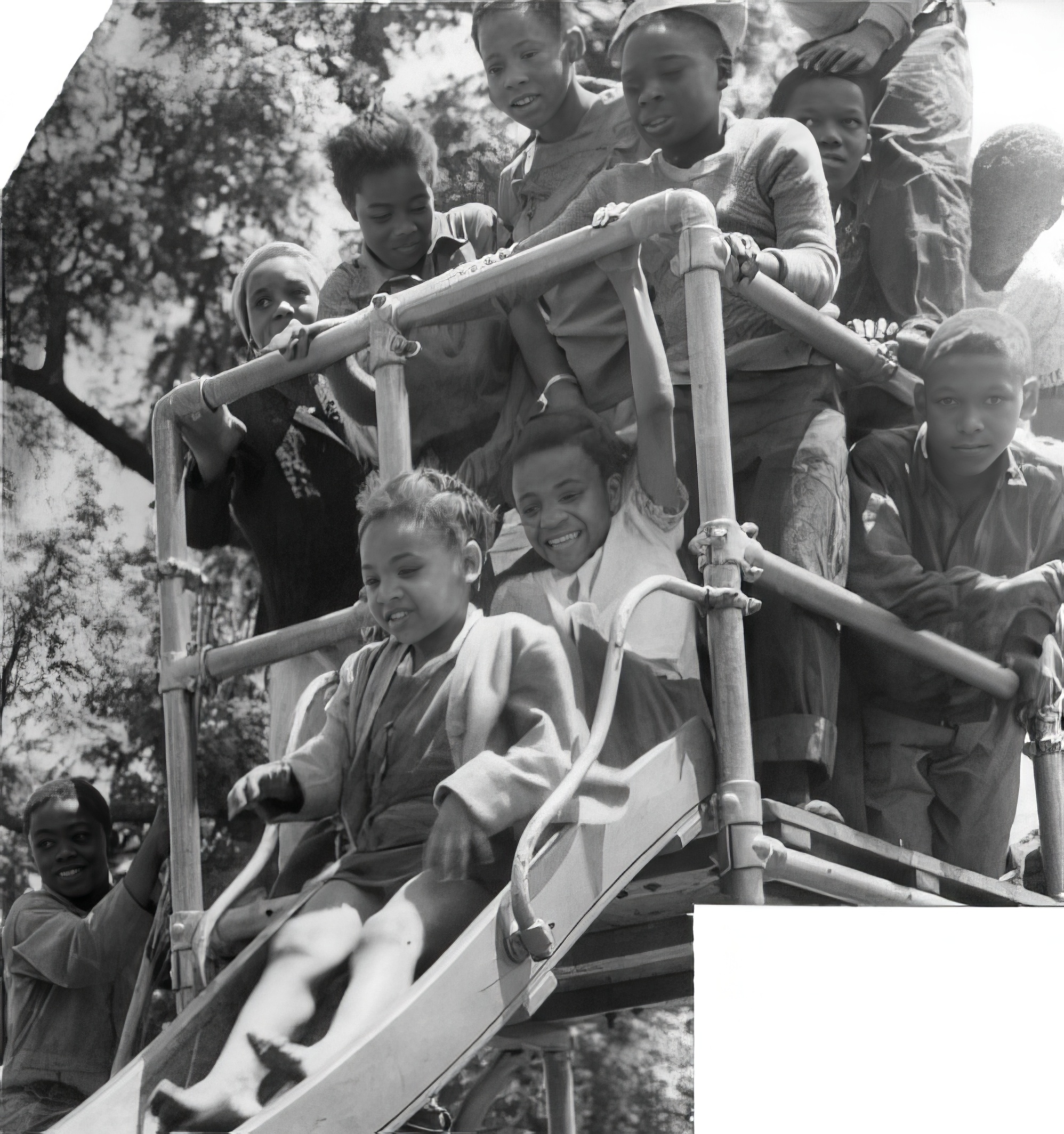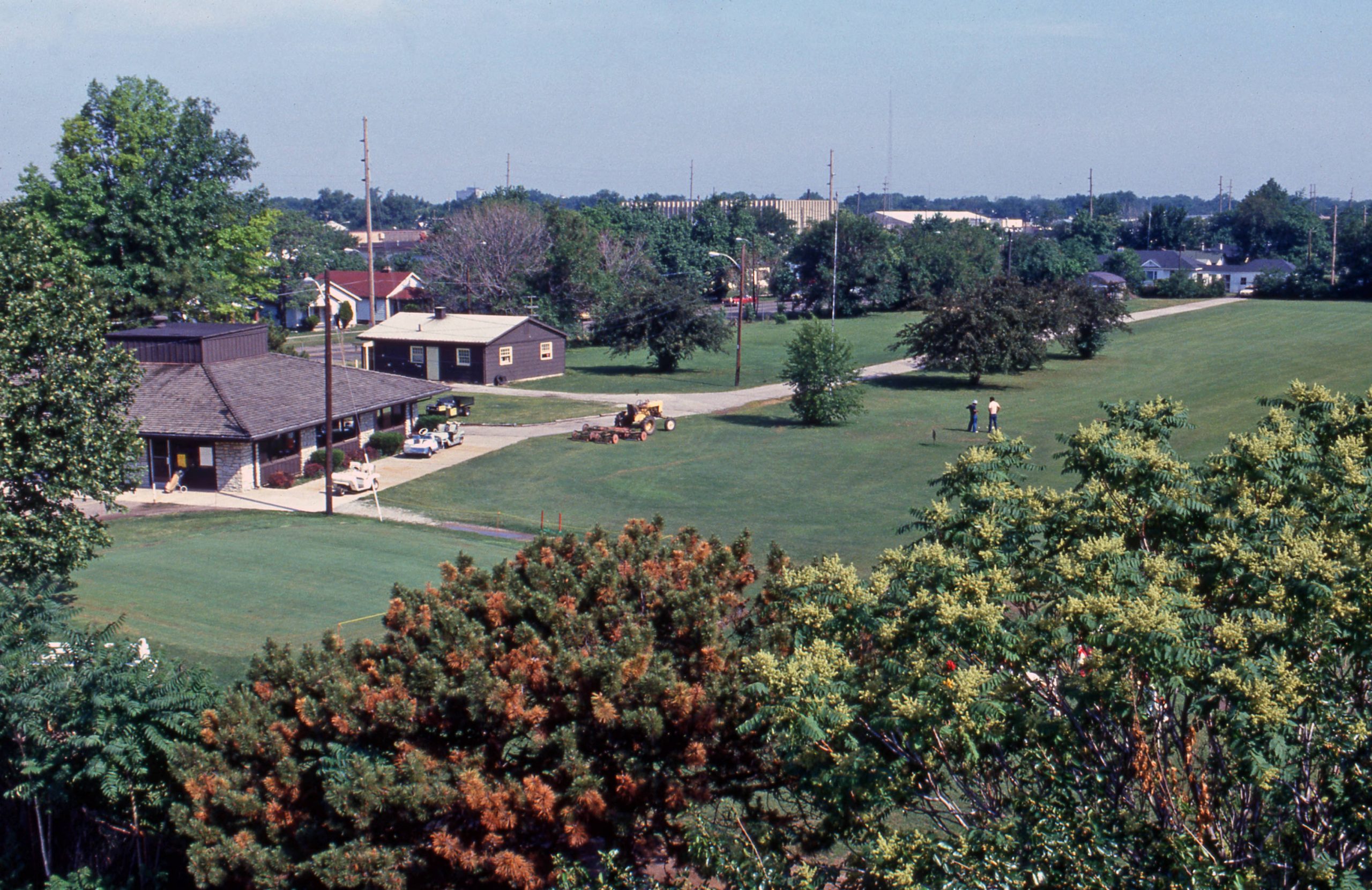Formerly known as Douglass Park, Frederick Douglass Park sits on 43 acres of land between 25th and 30th streets and Dr. Andrew J. Brown and Ralston avenues. Local businessman Edward Claypool’s family donated the land to the city for the establishment of a community park, which opened on July 7, 1921. At that time, the donated land was a cow pasture. The community park is in the area known as during the late 19th through the 20th century. Martindale was a segregated community for African Americans, so the park served as its chief recreation center.

Prior to the creation of Douglass Park, the Black population of Indianapolis could visit the other public parks in the city. They could not use the recreation areas such as the parks, greenspaces, and pools. Technically, a Black person could enter a park and be asked to immediately leave without really entering the recreation spaces. With the at its peak in the 1920s, the city decided to provide a separate park for the Black citizenry of Indianapolis. Blacks numbered 3 percent in the entire state of Indiana during the 1920s.
The first amenity the city built in the park was a swimming pool that opened in June 1922. A golf course opened in 1927. An article from April 7, 1928, notes that “the placing of six tomato cans around the [cow] pasture and calling it a golf course” was meant to satisfy the golfers. (See ). The city eventually fit the course with nine holes.

Though the Black community suffered the indignities of inferior park amenities, they made the most of the recreation space. In 1928, the park had a skating rink and baseball diamonds. The city built a family center in 1943, although it failed to meet the community’s needs. A petition to expand the center went unheard a year later.
The changed the park’s name to Frederick Douglass Park in 2017 to reflect the park’s namesake, Frederick Douglass, the prominent 19th century abolitionist.
Frederick Douglass Park has received $100,000 in donations each year from and its partners since 2019. These funds defray maintenance and upgrade costs such as renovation of the park’s Family Center golf course. In 2022, the Circle City Forward Initiative funded a $20 million project to add a computer lab, event space, additional basketball courts, a track, and more to the new Family Center.
The park also features a playground, tennis courts, picnic facilities, baseball diamonds, basketball courts, football fields, a paved fitness trail, and an outdoor pool. The park is easily accessible from the Monon Trail.

Help improve this entry
Contribute information, offer corrections, suggest images.
You can also recommend new entries related to this topic.